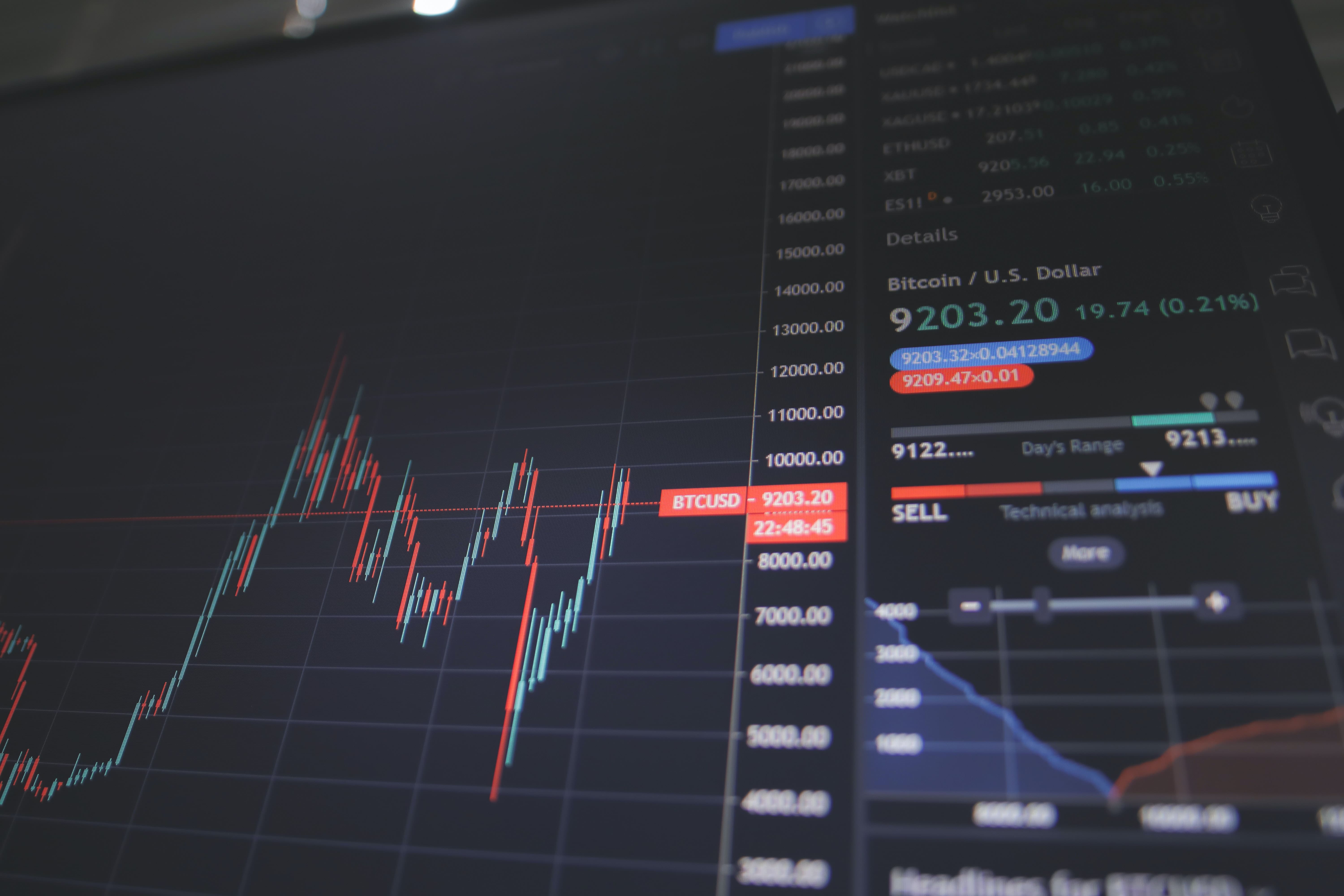

Food is a driving force for many. It falls under Maslow’s physiological needs which are imperative to a human being’s existence. Speaking of a country such as India, during peak lunch hours, getting a glance at the menu card before ordering food is also a huge problem. Deepinder Goyal and Pankaj Chaddah found a brilliant solution to the problem of standing in long lines for food. The beginnings of Zomato started in Delhi in the office of Bain & Company. Deepinder and Pankaj were co-workers at the time when they created Foodiebay, which served as a predecessor to Zomato. The concept of Foodiebay was that they started posting scanned copies of the food court menu on their company's private network. Everyone in the workplace quickly began to use this service, and website traffic increased dramatically.
Zomato's revenue comes from a variety of sources other than food delivery, demonstrating that its business strategy is versatile. Restaurants are paid a commission based on the number of orders they receive from Zomato. Zomato makes money by charging restaurants a commission on each delivery, which is divided between the restaurant and the delivery partner. Users pay a delivery fee, but Zomato earns money by charging restaurants a commission on each delivery, which is split between the delivery partner and the company.
It also charges restaurants who pay to have their events or specials advertised, as well as their general banner, resulting in higher visibility and conversions from Zomato users. Advertising and marketing in restaurants amount to 72 percent of total income. It also offers consultation services, such as guidance on the demand for new restaurants in a given location. Consulting and food delivery services contribute 3% and 2%, respectively. Its revenue has grown from a decent 446 crores in 2018 to a whopping 2604 crores in 2020, which however has taken a hit of COVID-19 and has reported Rs. 1993 crores in March 2021. As Zomato grew, it received funding from several venture capitalists, including Info-edge, which remains the company's largest single investor to this day. Zomato has mostly utilized this money to acquire a few other companies, with Uber-eats being the largest acquisition with 15,250 million INR.
Being a market leader, it has contributed a benefit to Zomato in the US market, as well as an impressive listing of its global competitor DoorDrash inc. in the US market. Even though the company has continued to lose money and has never declared positive earnings per share (EPS) in the last five years, it may be able to reduce its losses in the current fiscal year from Rs. 23,850 million in 2020 to Rs. 8164 million in 2021.
While the company lost Rs. 30.5 per order in 2020, they successfully turned it over in 2021 and achieved a profit of Rs. 20.5 per order. This paints a promising future for the company along with the huge prospective market size and the fact that food delivery is still in its nascent stage in India.
The rally for Zomato, however, is far from over. On July 23, the issue was listed on the National Stock Exchange (NSE) and began trading in the secondary market at Rs 116 per share, a 53 percent premium over the IPO price of Rs. 76, and finished at Rs. 125.8 per share on the first day. Its market value has stayed above Rs. 1 lakh crore since it was listed, making it one of India's top 50 most valuable publicly traded companies.
The success of the Zomato IPO and the filing of DRHP (draught red herring prospectus) by other consumer tech titans like Paytm are undeniably watershed milestones for the overall start-up ecosystem and demonstrate the maturity of the Indian stock markets. Ankur Bansal, co-founder and director of BlackSoil, stated, "It's a shot in the arm for all start-ups, whether unicorns or early-stage." This major success of Zomato lies with the Financial Management decisions of the company.
An MBA in Financial Management could inspire you to be a good marketer, an entrepreneur. For gaining proper knowledge in financial management in Kolkata, you can start your career with BIBS, an award-winning MBA college in Kolkata. In this college, the course, MBA in Finance Management and Banking is designed to provide students with the abilities that current banking and finance institutions need by assisting them in developing competencies in different areas. Financial management expertise assists in increasing an organization’s profitability.
Copyright - BIBS Kolkata
| Website by Marko & Brando
All rights reserved